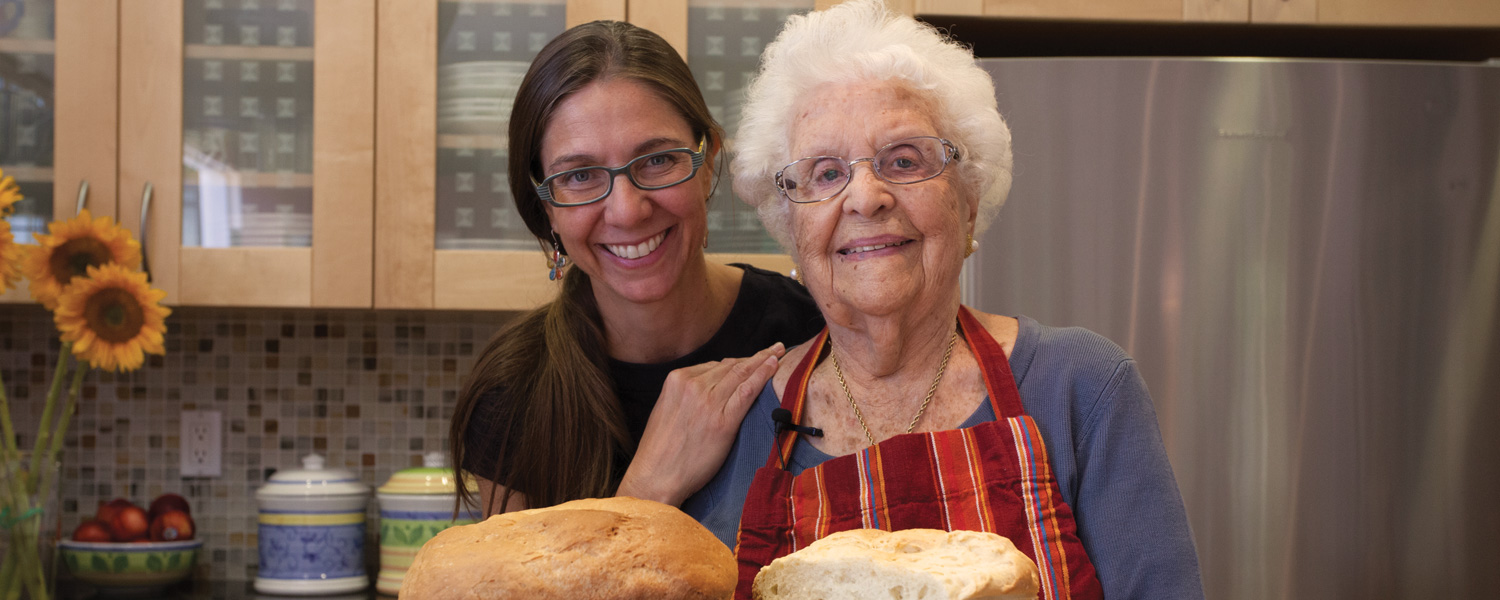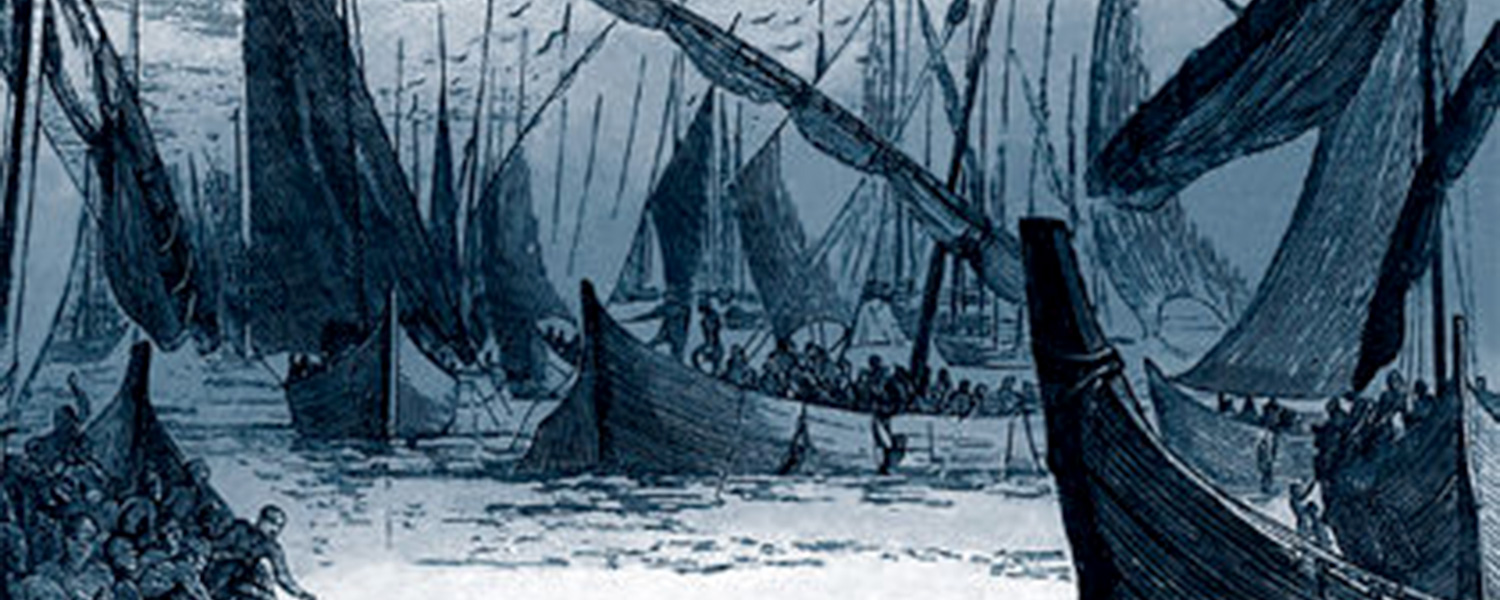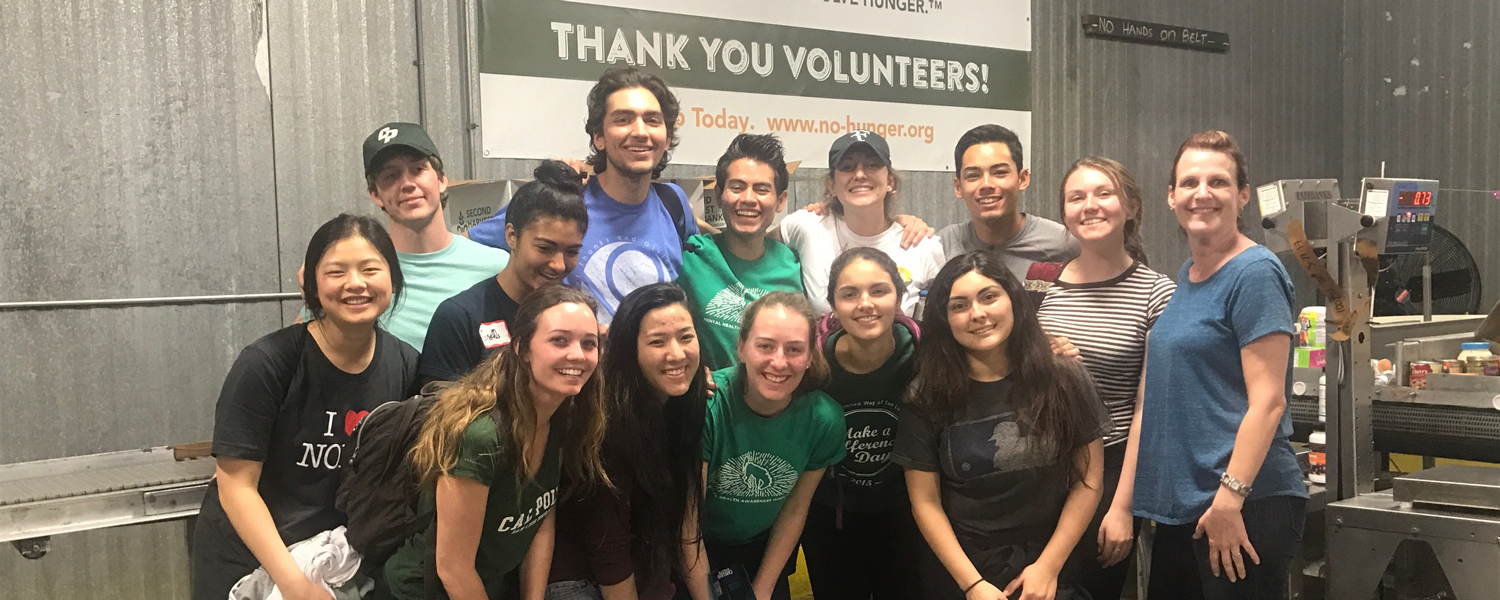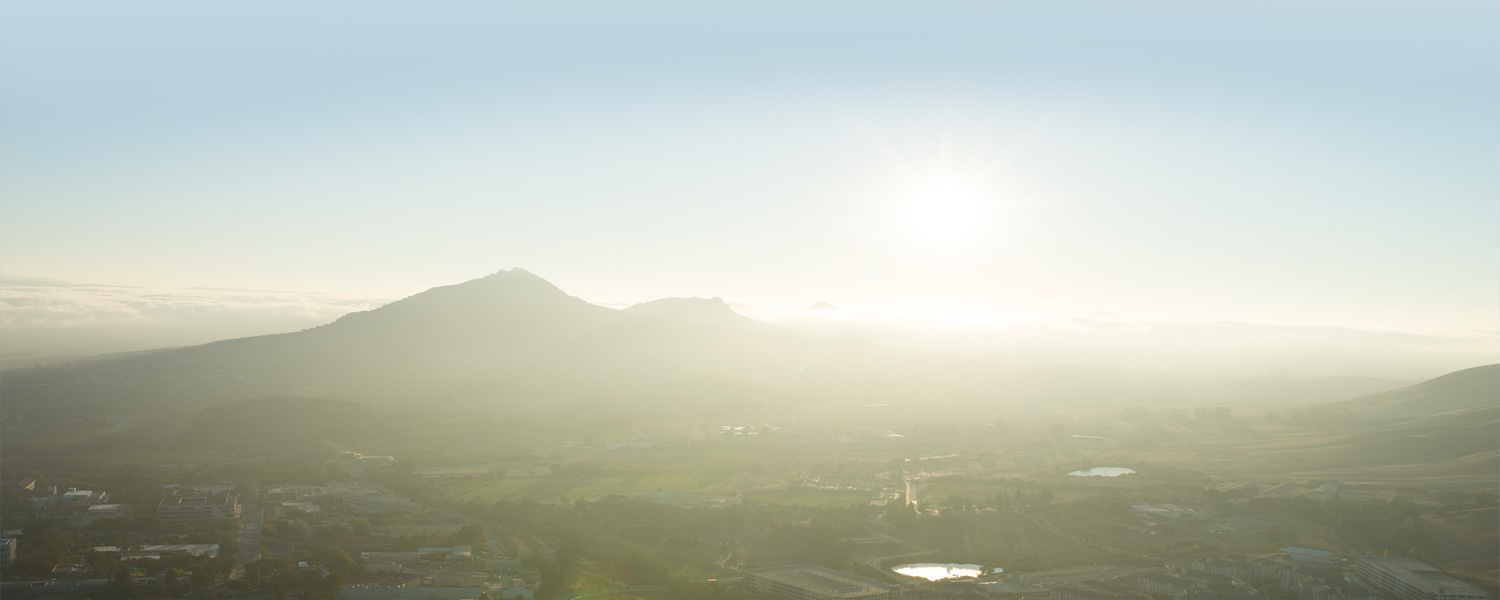Questions & Answers
Lives Well Lived
Interview by Larry Peña

This spring, Cal Poly photography professor Sky Bergman earned acclaim as a filmmaker at the Santa Barbara International Film Festival (SBIFF) with her first film, a documentary called “Lives Well Lived,” that explores the wisdom of age. She met with Cal Poly Magazine to tell us what her first film project taught her.
WHERE DID THE IDEA FOR THIS FILM COME FROM?
The project began with my grandmother. When she was about to turn 99 years old, she was still going to the gym and working out. It was phenomenal to see the energy she exuded at her age, so I thought I should film her and ask for a few words of wisdom. That was the beginning of this adventure. My grandmother remains my hero and my role model, and she inspired me to seek out other people like her. Four years and 40 interviews later, “Lives Well Lived” captured the images, ideas and ideals of those who are proving that aging is something to cherish.
WHAT DID YOU LEARN FROM THE SUBJECTS YOU INTERVIEWED?
I think the most valuable lesson is that each of the people interviewed overcame great life challenges yet developed a positive way of looking at life. My favorite quote from the film is by Dr. Lou Tedone: “You can be happy with what you have or miserable with what you don’t have. You decide.”
HOW HAS THE PROJECT CHANGED THE WAY YOU SEE OLDER PEOPLE? HOW HAS IT CHANGED THE WAY YOU SEE YOUR OWN LIFE?
I started working on this project as I was approaching 50 years old. I think at that point in life, it is a good time for reflection. One 85-year-old subject told me, “It’s not your numerical age that matters, it’s your biological age — so think young, act young, feel young, forget the number.” I grew up with my grandparents, so I have always had older adults in my life; however, I was surprised by an unexpected storyline that emerged from the generation most impacted by World War II. As their stories unfolded, it was evident that these were ordinary people who rose to the challenge of extraordinary times.
WHAT DID THIS PROJECT TEACH YOU ABOUT FILMMAKING, AND IS IT SOMETHING YOU’D LIKE TO DO AGAIN?
I think the biggest challenge was that I was a first-time filmmaker and I had to learn the ropes. Most of the time, I would go out on a shoot myself and be the camera operator, sound crew, lighting crew and interviewer. I actually think it helped, because it allowed the people that I interviewed to open up more and feel more relaxed and comfortable. I would definitely work on another film. My next project is to serialize “Lives Well Lived” into hour-long episodes.
HOW DID IT FEEL TO HAVE YOUR FIRST FILM DEBUT AT THE SBIFF, AND WHAT KIND OF REACTION DID THE FILM RECEIVE AT THE FESTIVAL?
It was really a dream come true to be part of the Santa Barbara International Film Festival. I lived in Santa Barbara for many years before finally making the move to San Luis Obispo to teach at Cal Poly. Watching the film on the big screen with an audience was magical. Theatergoing still remains largely a group activity, so laughing together — and at some moments in the film crying together — gave me a chance to really appreciate the message of the film and its impact on others. Film-goers in Santa Barbara loved the film. In fact, both scheduled screenings were sold out, so the festival added a third screening!





